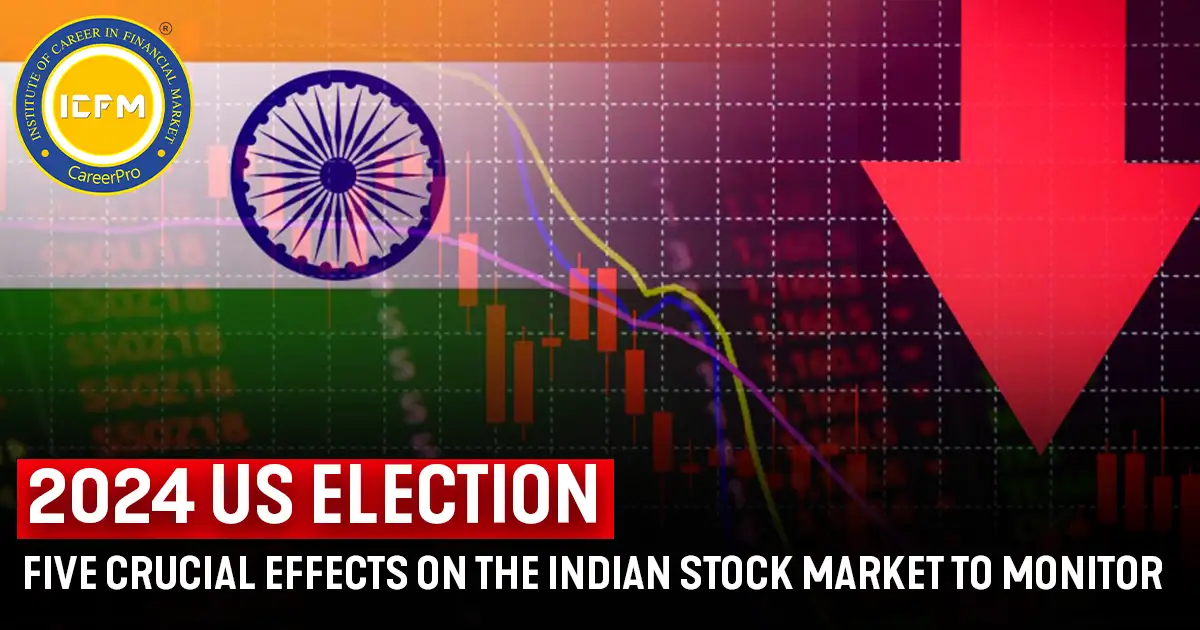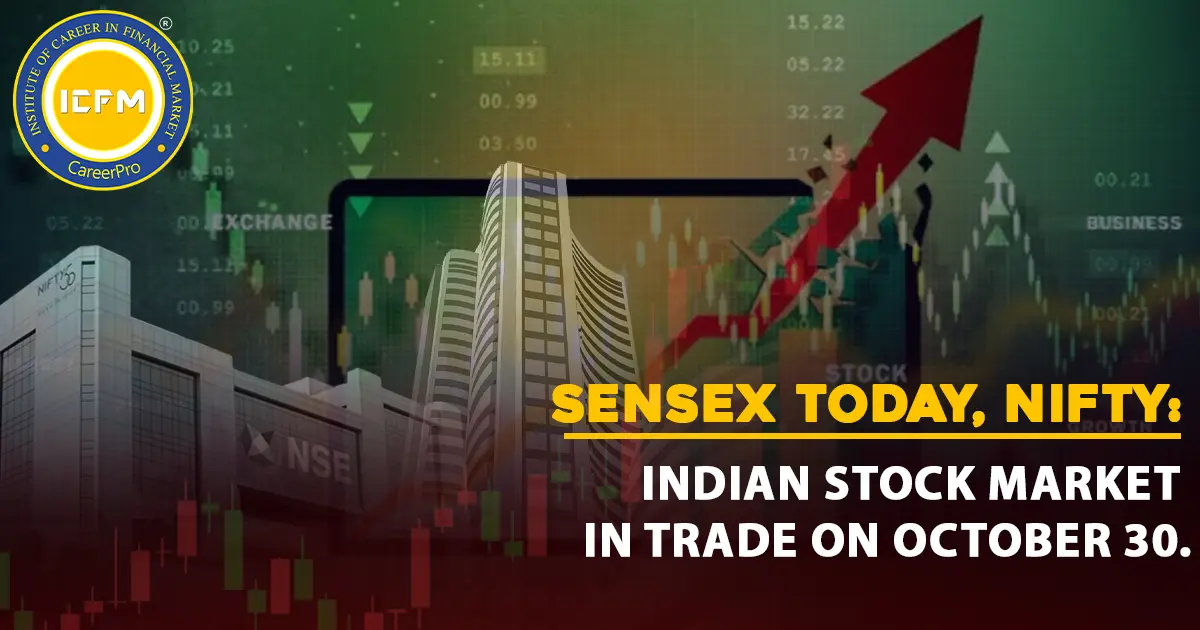Although it might not create an immediate reaction in the Indian stock market in the initial stages, the outcome of the US election 2024 is bound to have a highly influential effect on the Indian investor in multifaceted ways.
As a full-fledged economic and military superpower, US policies and strategies will pass a lot of shocks to India especially in the defense, trading, and strategic ties between the two countries.
How the US election 2024 could influence the Indian investors?
Comments Subho Moulik, founder and CEO of Appreciate, commented that this election is unique because the voter isn't worried about economic growth, which has performed well in the last quarters; but rather, people are concerned with prices and inflation-not just a sentiment, but one that's felt in affordability and disposable income.
Mainstream US parties aware of India's stature on the global demographic map, and any US administration will look to ally with India from an economic and security perspective, said Moulik. "As far as the impact on the Indian market is concerned, marginal ups and downs in the Indian markets immediately following the election of a new US President should be ignored as it is a case of correlation rather than causation," he added.
Here are five key ways in which an US election outcome might impact Indian investors. So, here we go:
1. Impact on Global Market Sentiment: Put simply, US elections render global financial markets volatile as a result of their uncertainty. A volatile US market can thus cause the Indian stock market to fluctuate.
2. Trade policies: The latter's trade policies would have a bearing on Indian exports and imports in some of the most important sectors, such as IT services, pharmaceuticals, and textiles, which are closely tied to the American economy.
Most of the trade policies could continue under president Kamala Harris as most of them have been well-thought-through by the Biden administration," said Deepak Jasani, head of retail research at HDFC Securities. "Donald Trump might go for a transactional deal and greater scrutiny of the trade imbalance and migration.".
"Trump is said to have publicly lately accused India of 'high tariffs.' He will always favor the instant interest of the US against strategic relationships in the longer run. In the recent past, Trump has also been very stringent on immigration. During his first term, Trump already introduced restrictions on H-1B visas which have put Indian IT professionals under pressure for getting easier access into the US," said Jasani.
Also, a gain in the US election result will put the dollar strenuous, which may shift foreign capital from the emerging markets like India, thus depreciating the Indian rupee.
4. Foreign direct investment: Any policy maneuver by the US government with respect to trade policies will have significant ramifications for India's foreign direct investment. Once more, in the current geopolitical setting, according to analysts, it is improbable that the US administration will take an action that will be significantly detrimental to its trade relations with India.
Given the current geopolitical climate, where China's assertiveness and Russia's positioning have developed, the US will continue to regard partnership with India as a prominent ally in the Indo-Pacific region," said Arpit Jain, Joint MD, Arihant Capital.
"The U.S.-India relationship is likely to remain resilient and robust. India plays a very important role in the US's broader strategic framework," said Jain.
5. Interest Rate: Experts feel that the victory of Trump may hold some future implications in terms of policies on interest rates by the US Federal Reserve. Any kind of cut or rise may have implications on world liquidity that will be influencing Indian investment in equity and bond markets. Further cuts in interest rates may attract more foreign inflows into India, whereas higher interest rates will attract foreign outflows from the country.
Disclaimer: The opinions and recommendations above belong to several analysts, experts, and brokerage firms, not ICFM. We advise the investor to consult with competent experts in case of any investment advice or decisions.







